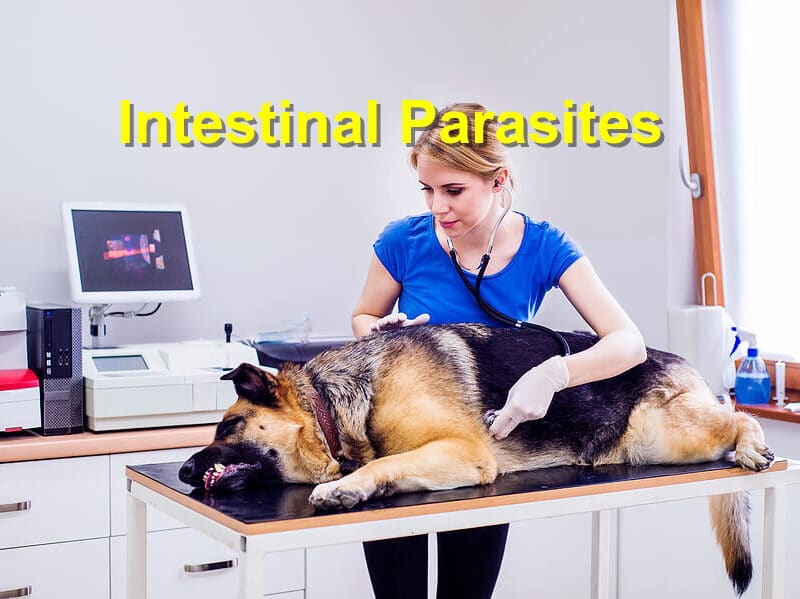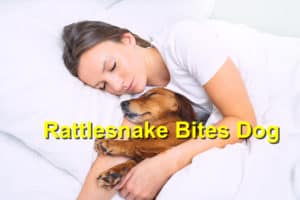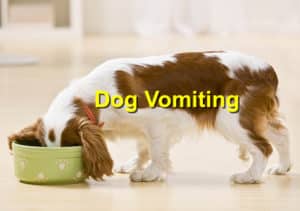How To Treat Intestinal Parasites in Dogs
Household dogs that don’t have proper routine care are likely to suffer from intestinal parasite infections. Even the well cared for dogs are vulnerable to these infections at some point in time. It is therefore important to protect your dogs from ticks and fleas as this is second nature to dealing with pets.
Intestinal parasites are damaging to your dog’s health and include roundworms and hookworms. They are zoonotic as well and can be passed to humans. Read on to learn how to keep these intestinal parasites at bay. Here’s are simple ways to protect your dog from intestinal parasites.
Take the dog’s stool to the vet for screening
Dogs that contract parasite infestation might be asymptomatic so you should take your dog to the vet regularly for fecal screens. Based on the vet’s recommendation, you should screen your dog’s poop at least twice a year. Therefore, fecal screening and deworming can eliminate roundworms and hookworms. Still, check for specific symptoms that signal the presence of intestinal parasites.
Keep the pet’s environment clean and tidy
Clean the pet’s environment and litter box regularly to prevent infestation of parasites. As you well know, whipworm, roundworm, and hookworm are common in pet stool. And depending on the parasite, people and pets can easily get infected by ingesting the larvae that is left in sand, soil or other infected surfaces in the home. A child walking barefoot can easily get infected by these intestinal parasites. So, try to clean the pet stool immediately to remove any infected larvae.
Regular checkup for parasite control
You should visit the vet regularly for a check up to ensure your dog receives parasite screening tests. The vet recommends effective pest control measures from intestinal parasites can help to prevent heartworm disease, ticks and fleas. As a suggestion, you can consult a vet about the best product that can treat hookworms and tapeworms. Research more information on how to keep your pets safe from pets.
Conclusion
Intestinal parasites can cause problems for your pets. Roundworms and hookworms can interfere with your dog’s digestive tract, and cause further problems that can affect the dog’s quality of life. That said, you should visit the vet if you suspect that your dog has a parasitic infestation.
References: Modern Dog Magazine, Petco, AKC





